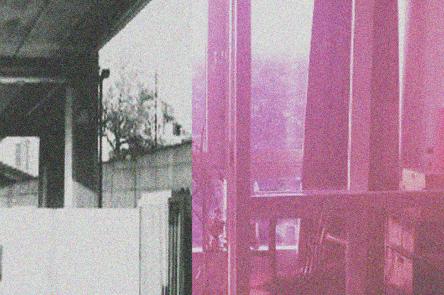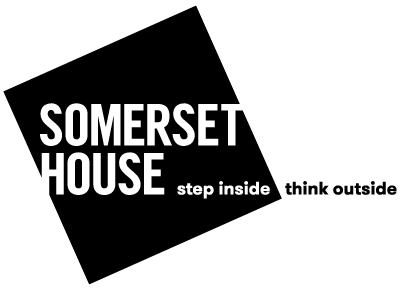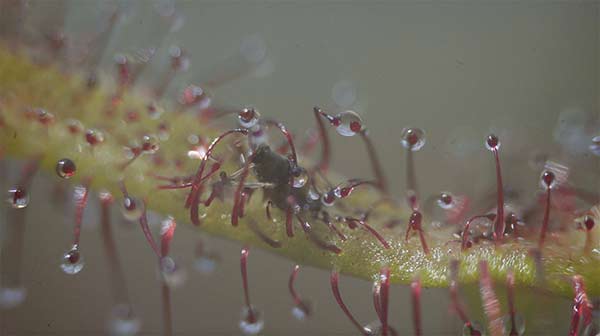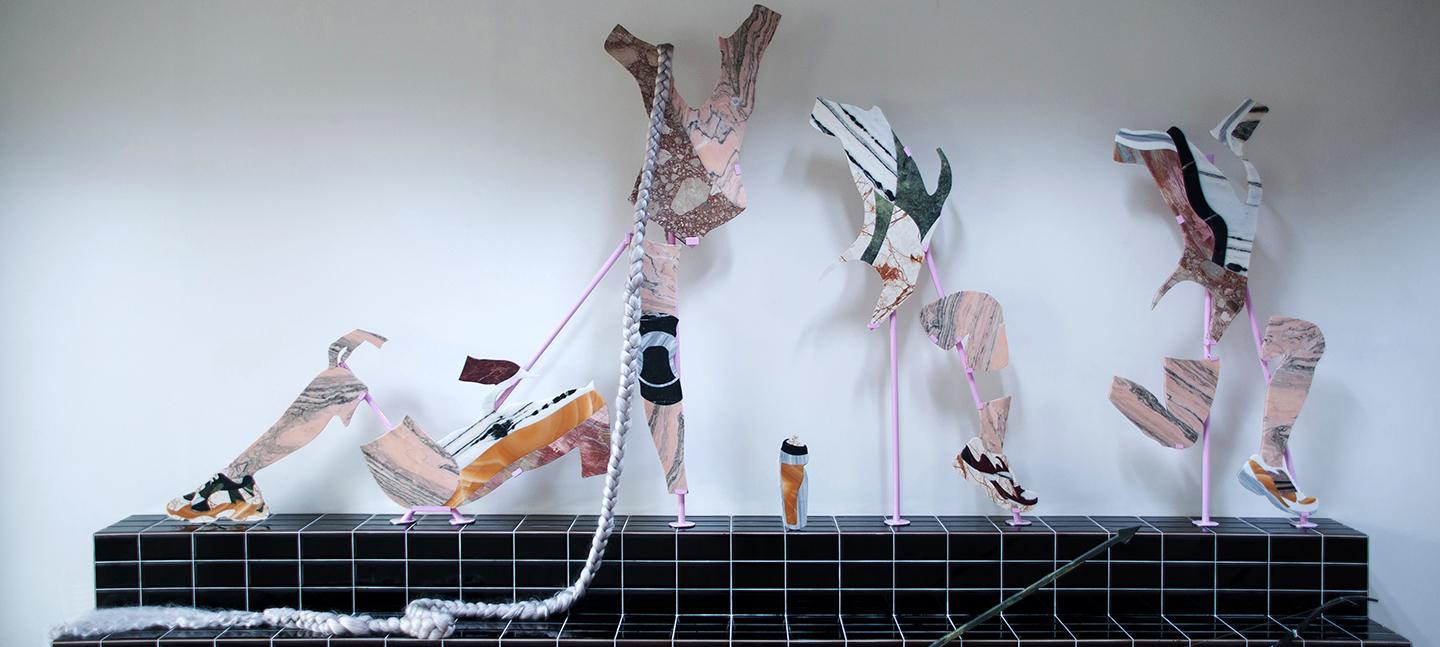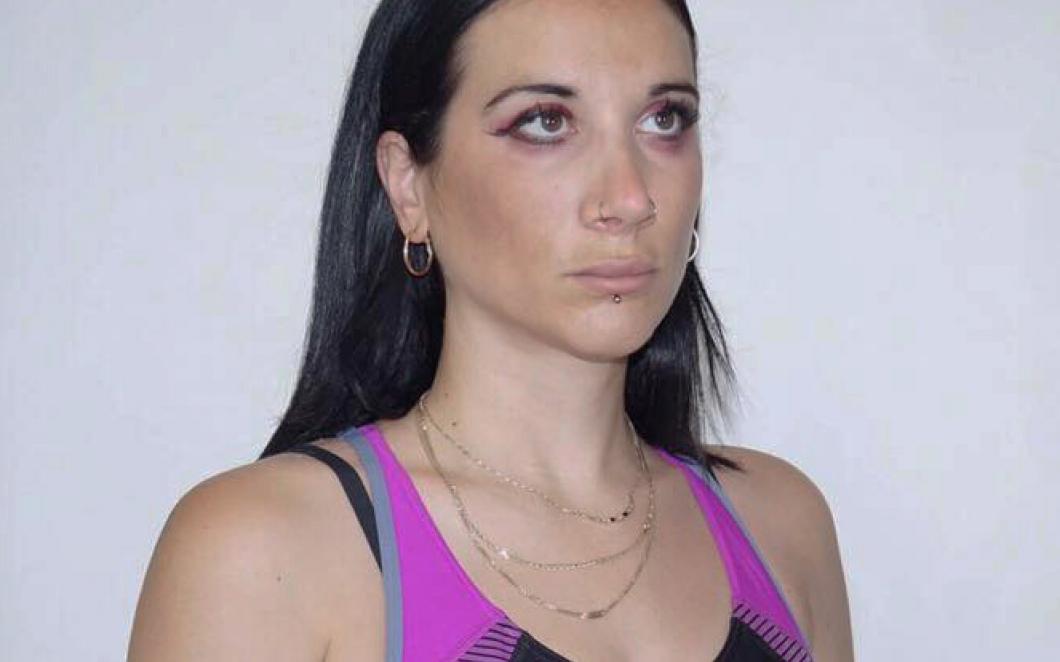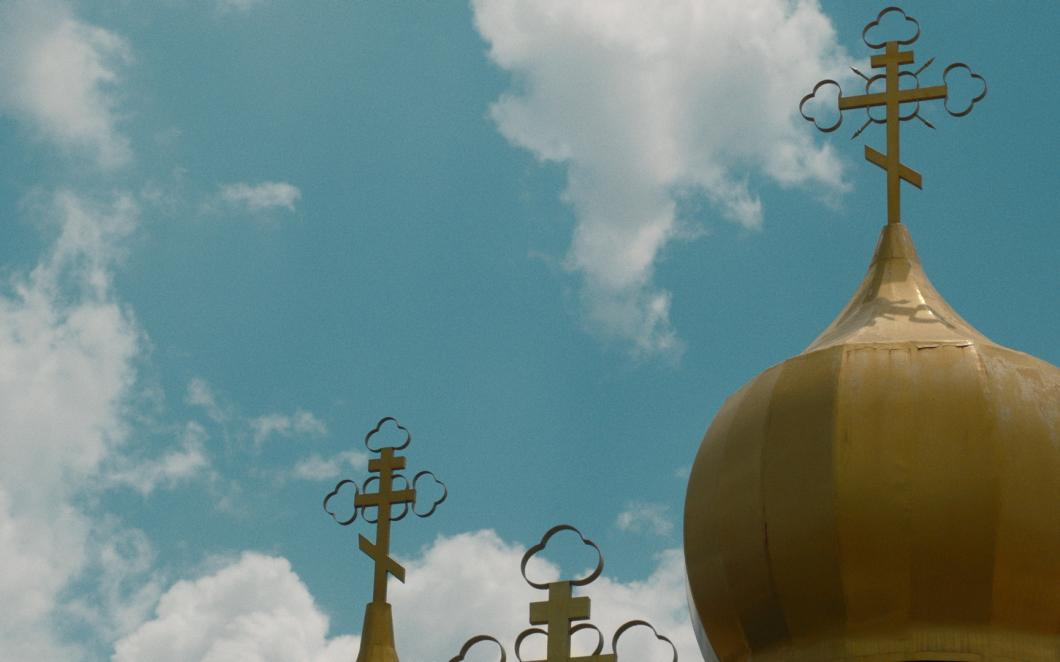Q&A
Hi Evi, please can you introduce yourself and give a brief description about your current role/career...
I am Evi, a visual artist living and working in Athens and London. I work mostly with moving image, and make experimental films. My projects explore ideas associated with inclusion/exclusion, cross-culture identity, female figures in Ancient Greek mythology and post-apocalyptic environments.
I studied at the Athens School of Fine Arts and I have a Masters degree in Moving Image from the Royal College of Art, London and I am currently a resident artist at Somerset House Studios. My sculpture work is represented by Breeder Gallery, Athens, and I recently had a solo exhibition of my video and sculpture work at Kunstverein Dresden. My work is part of the Onassis Collection, among other collections around the world. In 2019, I was awarded the Stavros Niarchos Foundation Artworks Fellowship. I recently accomplished a short movie funded by Eleusis European Capital of Culture 2021 and the Rosa-Luxemburg-Stiftung. In June 2020, I participated in the exhibition The Same River Twice: Contemporary Art in Athens with my film Neighbours, organised by The DESTE Foundation and the New Museum at the Benaki Museum in Athens. I have had various screenings in London, Germany, and Greece, at spaces such as the BFI in London, the Lenbahaus in Munich and the Chisenahale Gallery in London. In 2018, my film Neighbours was screened at the Whitechapel Gallery and later was shortlisted on the Tenderflix competition organized by the British Film Institute and Tenderpixel Gallery, and was screened at the BFI.
What is the WORST moment of your career so far, how did you show resilience and bounce back?
I moved to London and started my Masters during the Greek economic crisis, so it was already a difficult situation. The worst moment of my career was when I graduated from RCA. After graduating, I believed, as many artists do, that many opportunities would come up following my degree show and that everything would start from there. In my case, this didn’t happen. No opportunity came up from my degree show and for some months I didn’t have support for my projects. After many years of studies, I suddenly found myself in the free market. I bounced back when I realized that I had to continue my practice in both ways, as a sculptor and as a filmmaker. I tried to balance my work between sculpture, installation, moving image and filmmaking.
What was the best piece of advice you were ever given?
The best piece of advice I have ever given is that you have to persist. It’s very crucial to keep going in the field of art in the years following of the graduation. Many artists get disappointed in the first 2 years after the graduation year and they give up. Also, it’s important to have a second job to survive. Unfortunately we do not always survive only by making art.
As the world is systematically changing, what does a future Creative Career look like after C-19?
At this moment, when people are discouraged from going out and are asked to stay indoors, more institutions will be more willing to support video art and moving image work. Even now, during the COVID-19 quarantine, some institutions are offering a small budget for artists to create videos from home during these special circumstances, even if their practice isn’t primarily focussed within the medium of moving image. In this context, I have just exhibited online a new moving image work, Tiles, which was commissioned by Onassis STEGI and Onassis USA where artists across the globe prepared new works within 120 hours during the pandemic time-space, a series of original works created in the conditions of the “here and now” in order to surpass it and bring us together through the world of our digital platforms.
